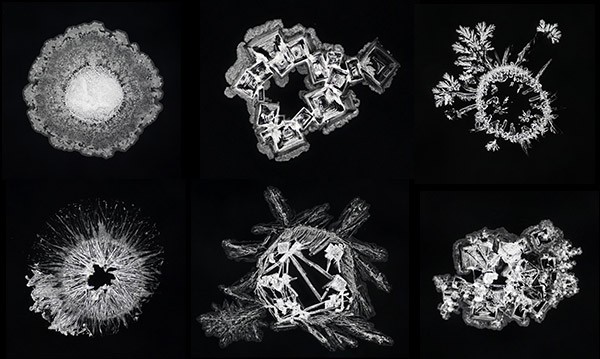Hello Nature readers, would you like to get this Briefing in your inbox free every week? Sign up here.

Sperm whales can vary the speed of their codas, the sets of rapid-fire clicks that form the basis of their communication, or add an extra click to the end of some — hints that their vocalisations carry more information than previously thought. (Amanda Cotton and Project CETI)
Sperm whales (Physeter macrocephalus) structure their communication in ways similar to how humans form language: sound units combine into words and words combine into sentences. Researchers used an AI algorithm to sift through thousands of whale ‘codas’, sets of up to 40 rapid-fire clicks. They found almost 10 times as many codas as previously described. The researchers constructed a whale phonetic alphabet that shows how sounds create codas and how subtle variations can carry additional information. “In human language, for example, I can say ‘what’ or ‘whaaaat!?’” explains machine-learning researcher and study co-author Pratyusha Sharma. “It’s the same word, but to understand the meaning you have to listen to the whole sound.”
Reference: Nature Communications paper
An AI tool based on Google’s large language model BERT can tell the truth from a lie almost 70% of the time whereas people usually only get it right around half of the time. Tests with more than 2,000 volunteers showed that people who received help from the AI lie detector were more likely to accuse a statement of being false. “It shows that once people have such an algorithm on hand, they would rely on it and maybe change their behaviours,” says behavioural scientist and study co-author Nils Köbis. “This is quite alarming, and it shows we should be really careful with this technology.”
MIT Technology Review | 7 min read & Cosmos | 3 min read
AI ultrasound software being tested in Uganda allows midwives or nurses to determine how far along a pregnancy has progressed — a process that usually requires one of the country’s few specialist sonographers. And having the chance to get an early glimpse of their baby seems to encourage people to come in for scans early on. “People are very much willing to join the study without any apprehension,” says obstetrician Daniel Lukakamwa. An early medical checkup is key to reducing stillbirths and complications later in the pregnancy, he points out.
Image of the week

Bruno C Batista et al./PNAS
Each of these salt stains is a different compound — and a machine-learning algorithm can tell you which one. To train the system, researchers painstakingly photographed 7,500 dried drops of 42 salt solutions, including regular table salt (top centre). “Crystal structures are complicated and our salt stains are kind of messy, so we were amazed at how well our method was able to cut through this and extract compositions from photos alone,” says chemist and study co-author Oliver Steinbock. (Chemistry World | 4 min read)
Features & opinion
There seems to be a deep divide between those who think AI technology is purely complex maths and those who see in it something approaching human-level reasoning. “It’s offensive to some people to suggest that human intelligence could be re-created through these kinds of mechanisms,” says computer scientist Ellie Pavlick. “On the other hand, there’s people who have a little bit of a God complex. So it’s also offensive to them to suggest that they just can’t do it.”
MIT Technology Review | 44 min read
“Only people — the demos in democracy — can save democracy, but AI can help if it’s deployed to assist or augment collective intelligence,” says hacker-turned-politician Audrey Tang. As Taiwan’s first-ever minister of digital affairs, she helped to establish a digital petitions platform. Tang suggests that social media companies could use AI to boost content that encourages people to “engage in conversations that bridge, rather than exacerbate, ideological schisms”. Her latest project brings together people, including senior citizens, in video chat rooms to discuss ethical AI development — supported by AI facilitators.
New Scientist | 6 min read (paywall)
“Beyond America’s west coast, there is little sign AI is having much of an effect on anything,” argues an Economist analysis. Few businesses use AI technologies and those that do stick to fairly unimpressive applications such as personalising offers for customers. There are no signs of workers being replaced by AI systems, nor is there evidence of a major increase in people’s productivity due to AI support. For now, AI technologies’ growth looks to be leisurely rather than revolutionary, the analysis suggests.
The Economist | 7 min read (paywall)
